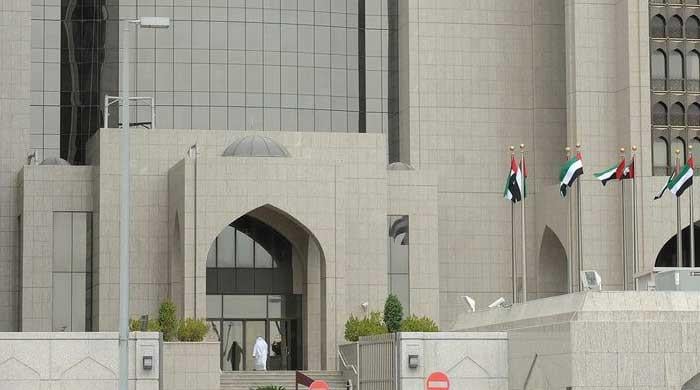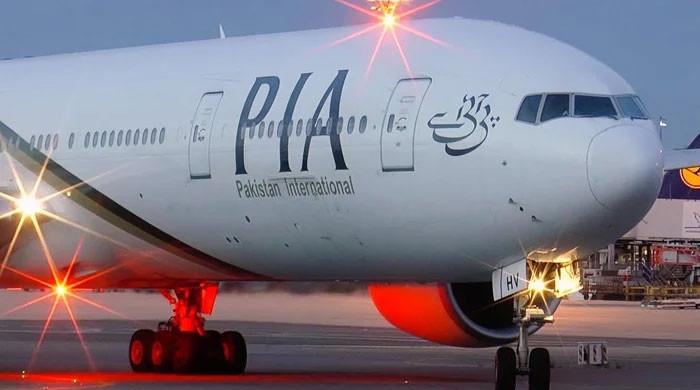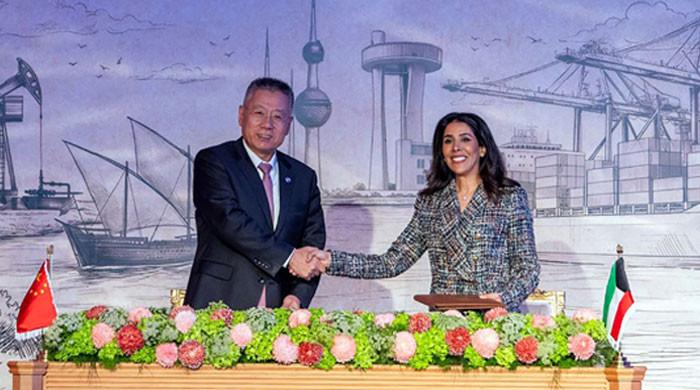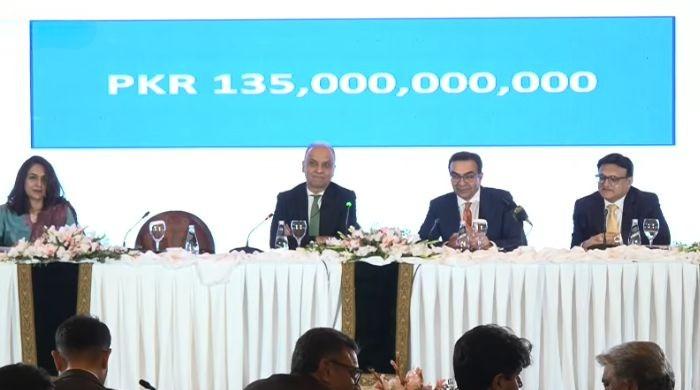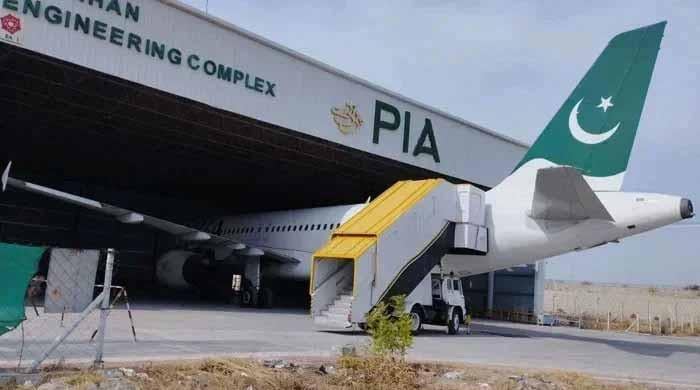Caretaker govt links FBR unbundling to IMF's conditions
Caretaker Finance Minister Shamshad Akhtar to seek approval for FBR restructuring from federal cabinet, say sources
January 29, 2024
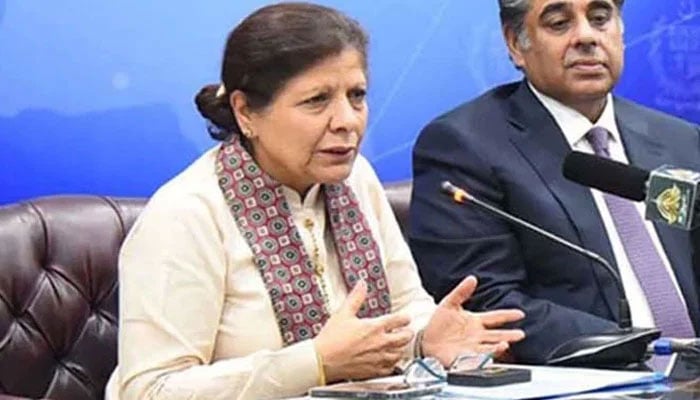
- Military, PM Office told FBR unbundling part of IMF’s programme.
- IMF communication shows altogether a different picture.
- Nothing specific as part of condition under $3 billion SBA.
ISLAMABAD: In a bid to convince the relevant powerful quarters, the caretaker government is linking the restructuring of the Federal Board of Revenue (FBR) to the conditions set by the International Monetary Fund (IMF), The News reported on Monday.
However, the Fund’s technical team has not yet communicated any such specific recommendation.
Sources confirmed to The News on Sunday that caretaker Minister for Finance Dr Shamshad Akhtar was all set to make an all-out effort this week to seek approval on restructuring of the FBR from the federal cabinet before the next general elections.
It has been communicated to the military establishment and Prime Minister’s Office that the unbundling of FBR into two entities was part of the IMF’s programme conditionalities, so it was necessary to grant assent to the proposed reform plan.
But the IMF communication with the Government of Pakistan shows altogether a different picture as there was nothing specific as part of the condition under the ongoing $3 billion Standby Arrangement (SBA) programme.
A technical team of the IMF visited Pakistan last December 2023 to discuss the tax administration and future roadmap with the Government of Pakistan. In the initial recommendations, the IMF communicated that there was no fixed view internationally on whether customs and tax functions should fall under one authority.
The survey data of 74 countries indicate that 43% administer tax only, with the remaining 57% combining tax and Customs. There are potential advantages to having a cohesive body to deal with revenue collection, whether at the border or elsewhere.
However, this decision is ultimately for the government to make. The IMF has taken the stance that whichever organisational design for Customs is adopted, close coordination between domestic taxes and customs must be maintained.
This should involve the full coordination and cooperation of tax and customs operations at management and linked operational levels. Data sharing is also crucial and must be maintained to support CRM and other compliance efforts.
The good practice in modern organisation design is to adopt a function-based approach. Functional organisation design is already being considered within the current proposals. More detailed guidance on functional design for revenue administration is available through a technical note published by the IMF online.
The IMF’s technical team made its initial recommendations when the caretaker minister for finance made a presentation before them that there were two options under consideration i.e. either to establish a National Tax Agency or unbundle the FBR and make two entities, Federal Board of Inland Revenues and Federal Board of Customs.
The IMF team left the decision to the Government of Pakistan but now it is being portrayed that the unbundling was the demand of the IMF, which was not true.
This scribe sent out a question to the spokesman of Ministry of Finance but got no reply till the filing of the report.




